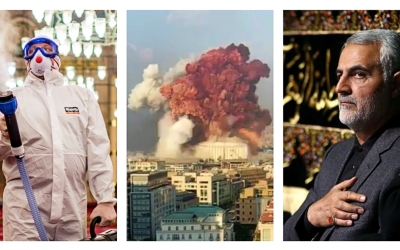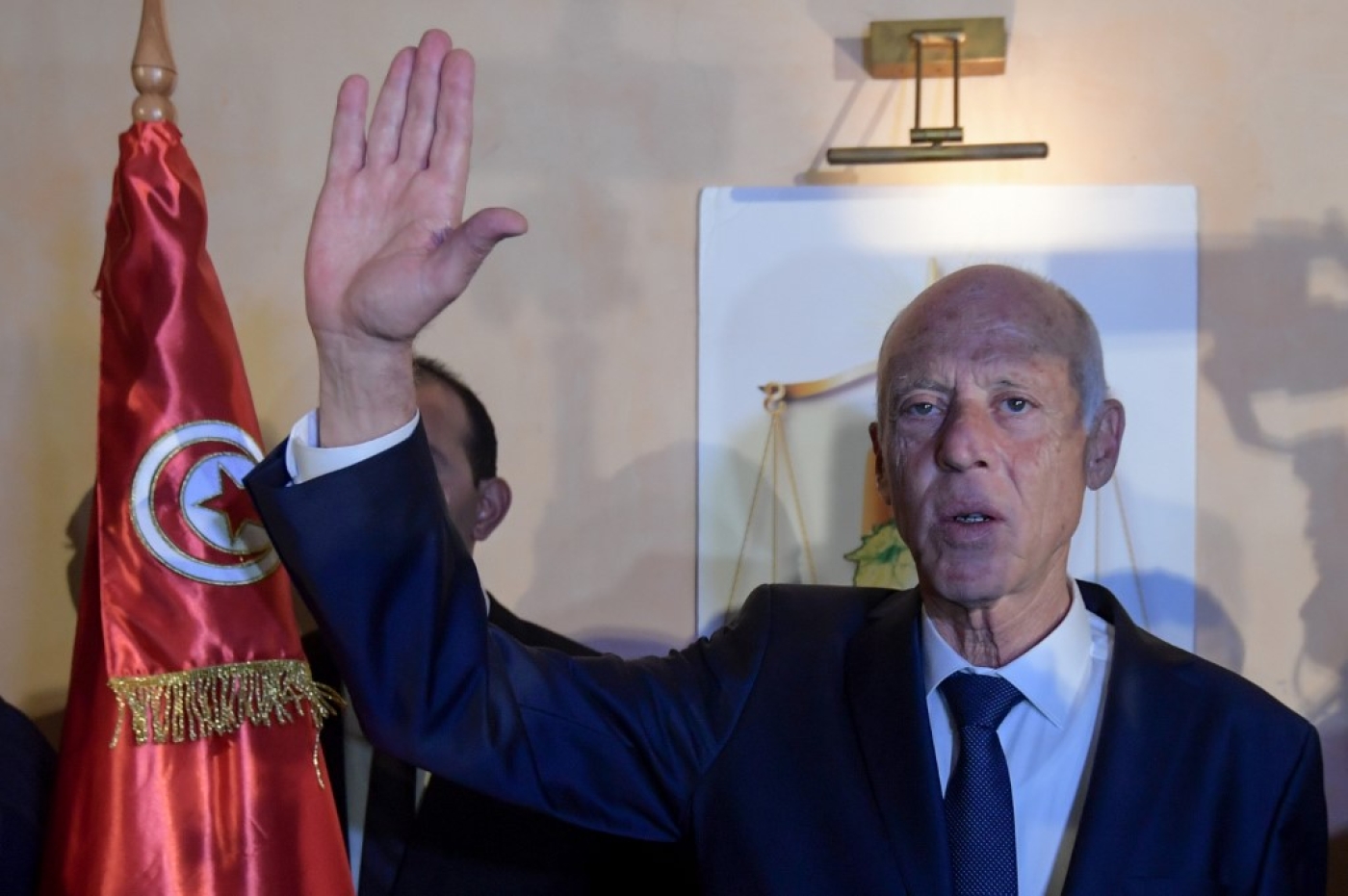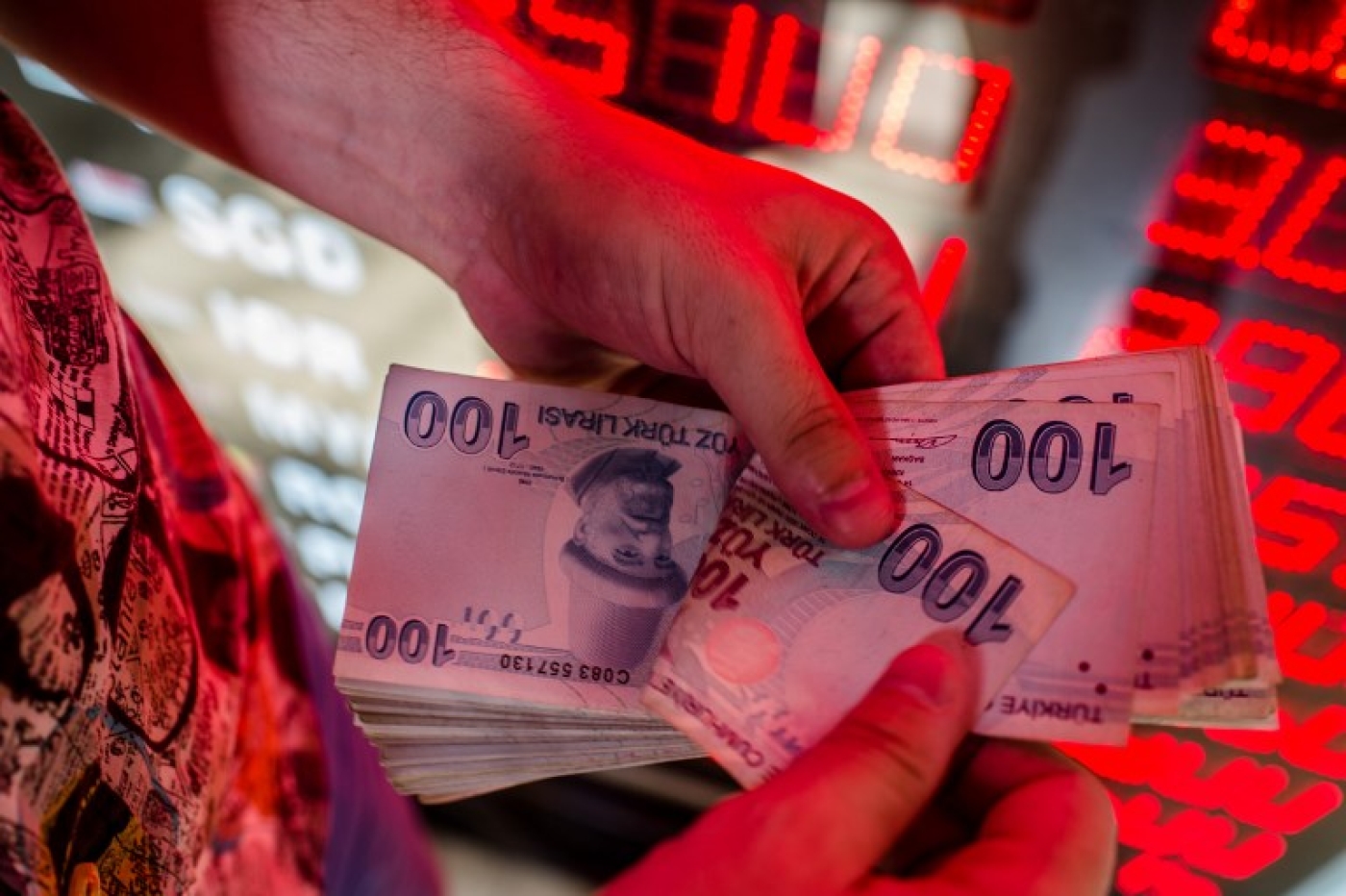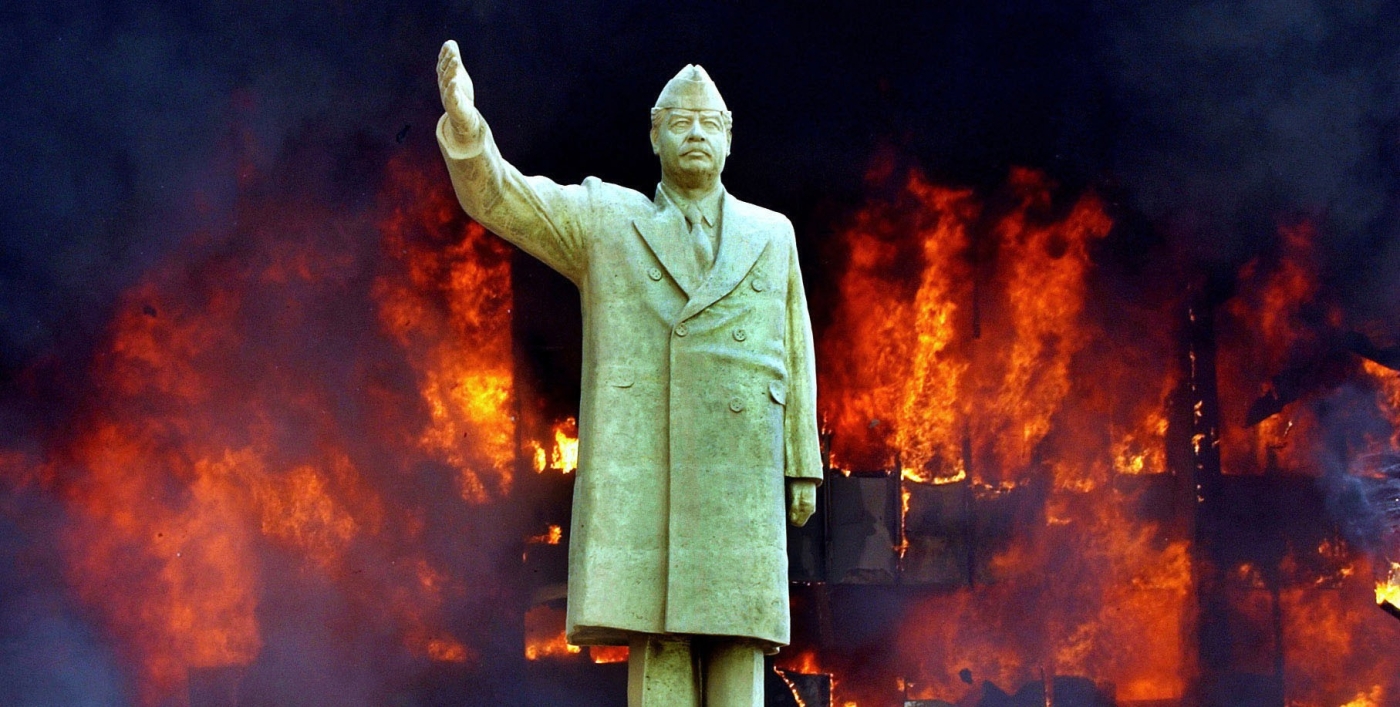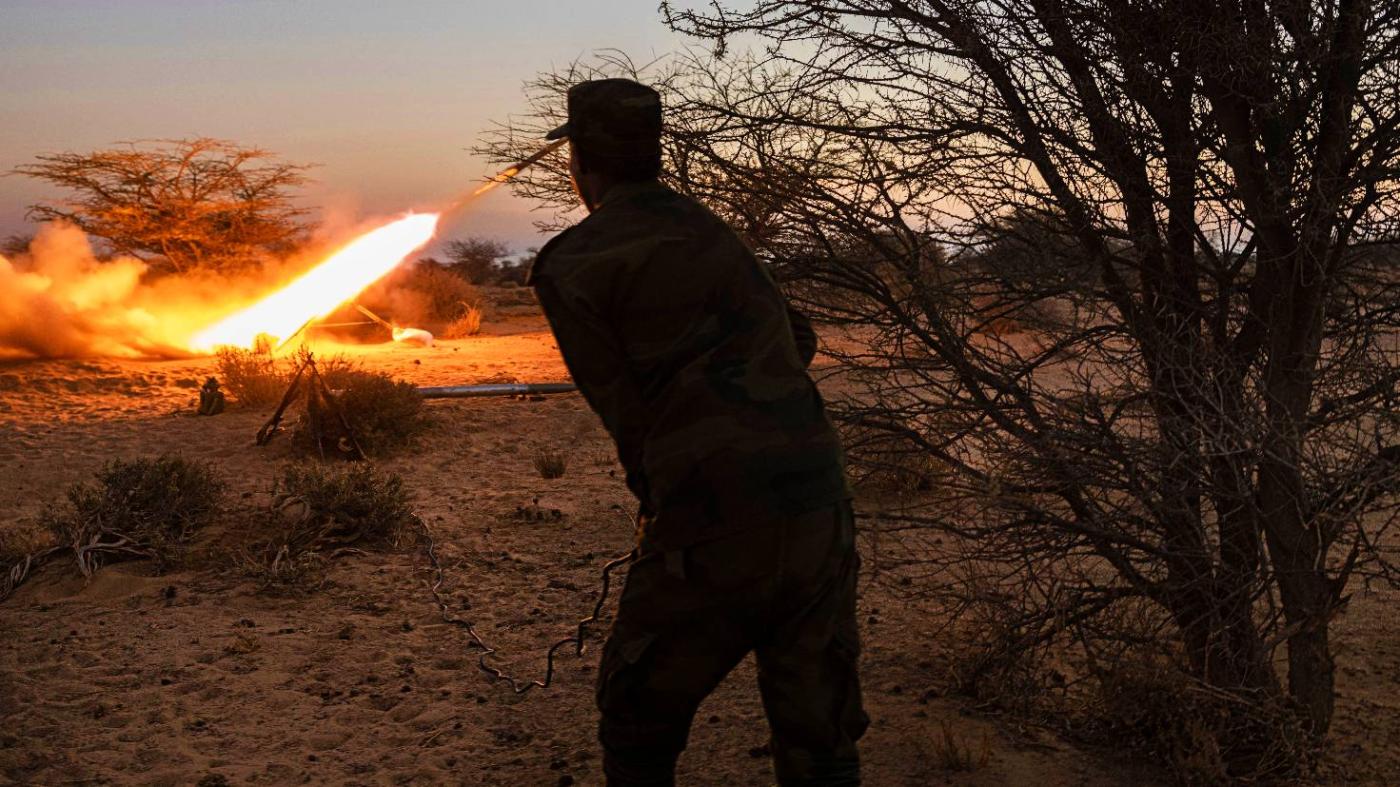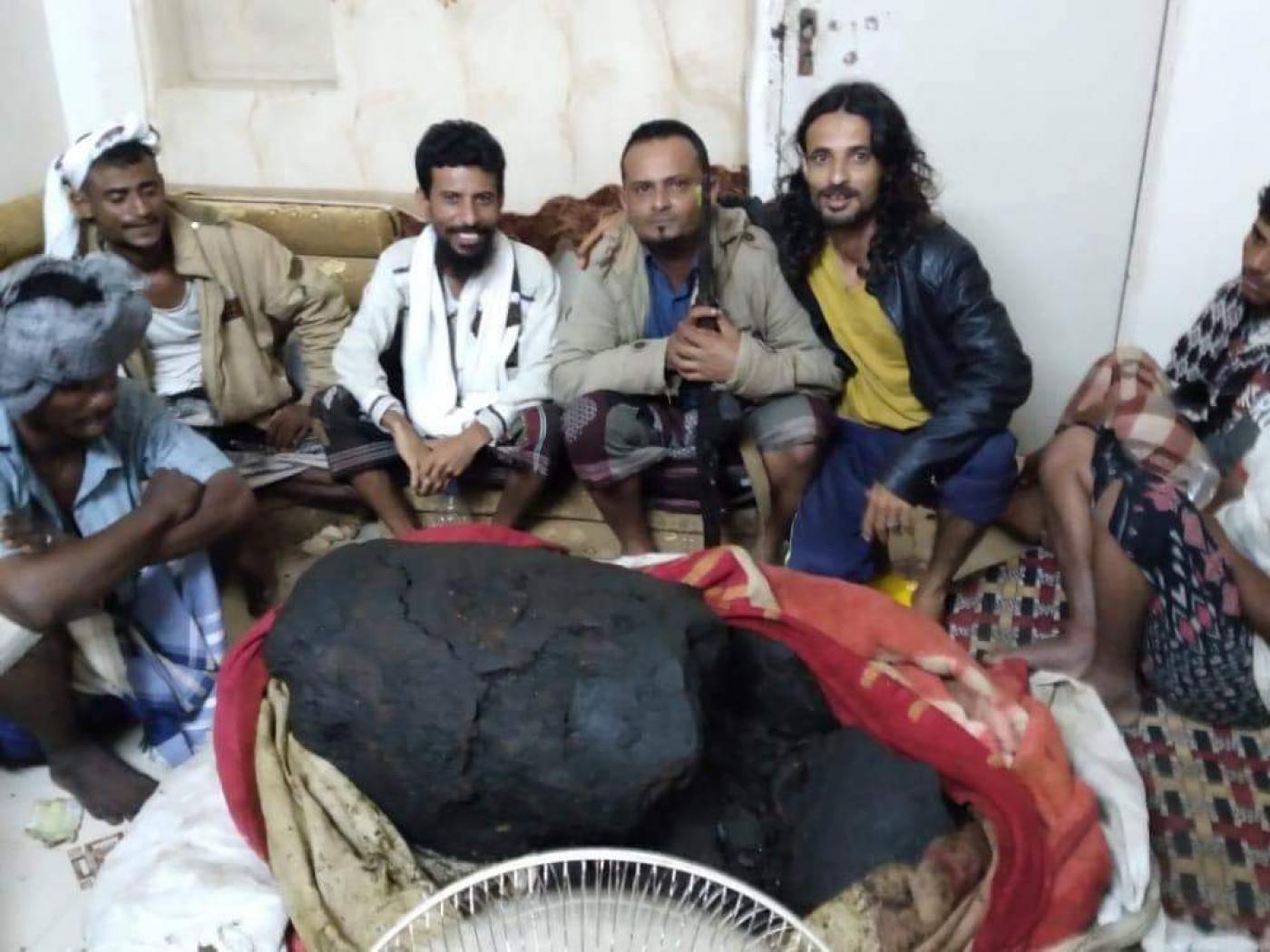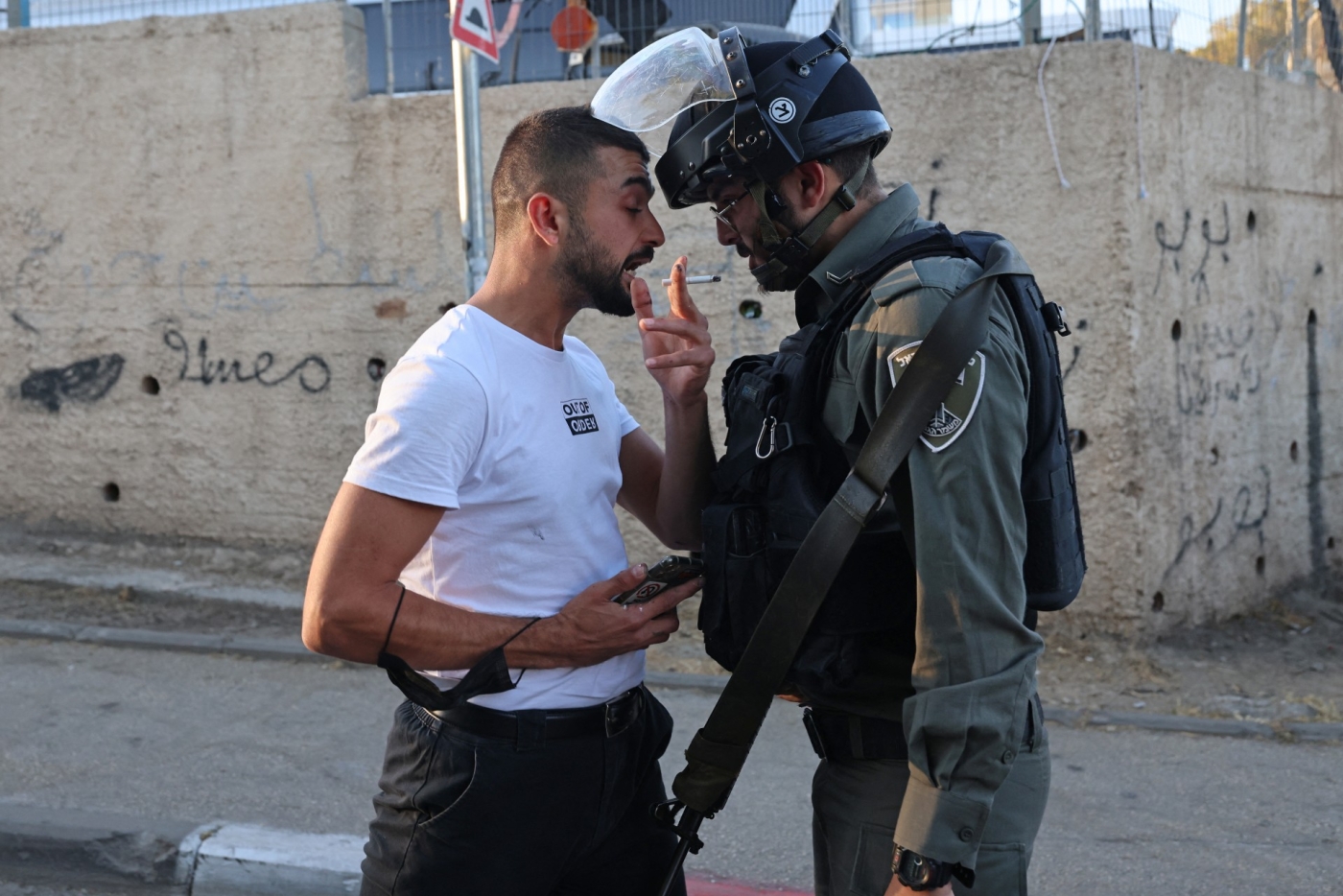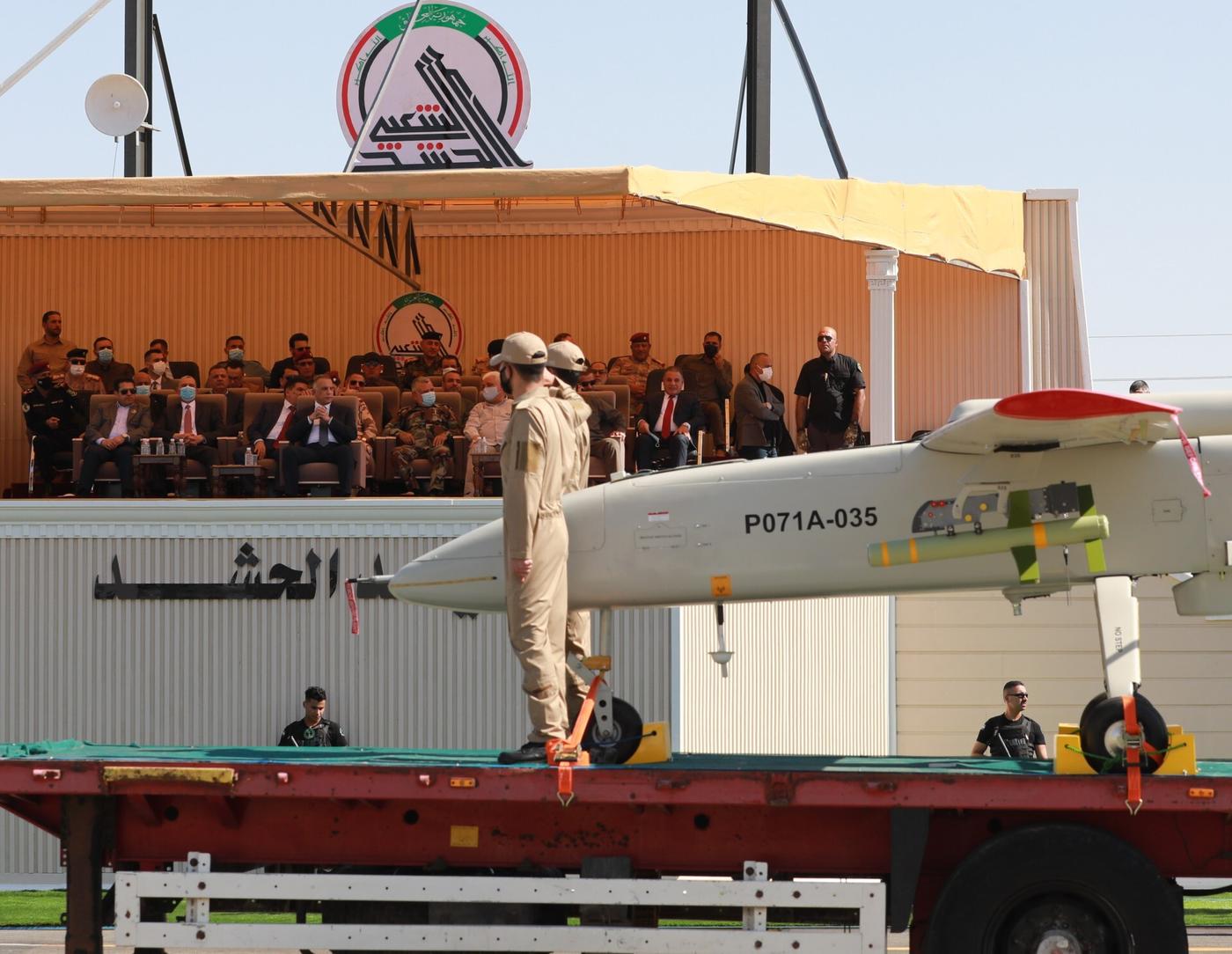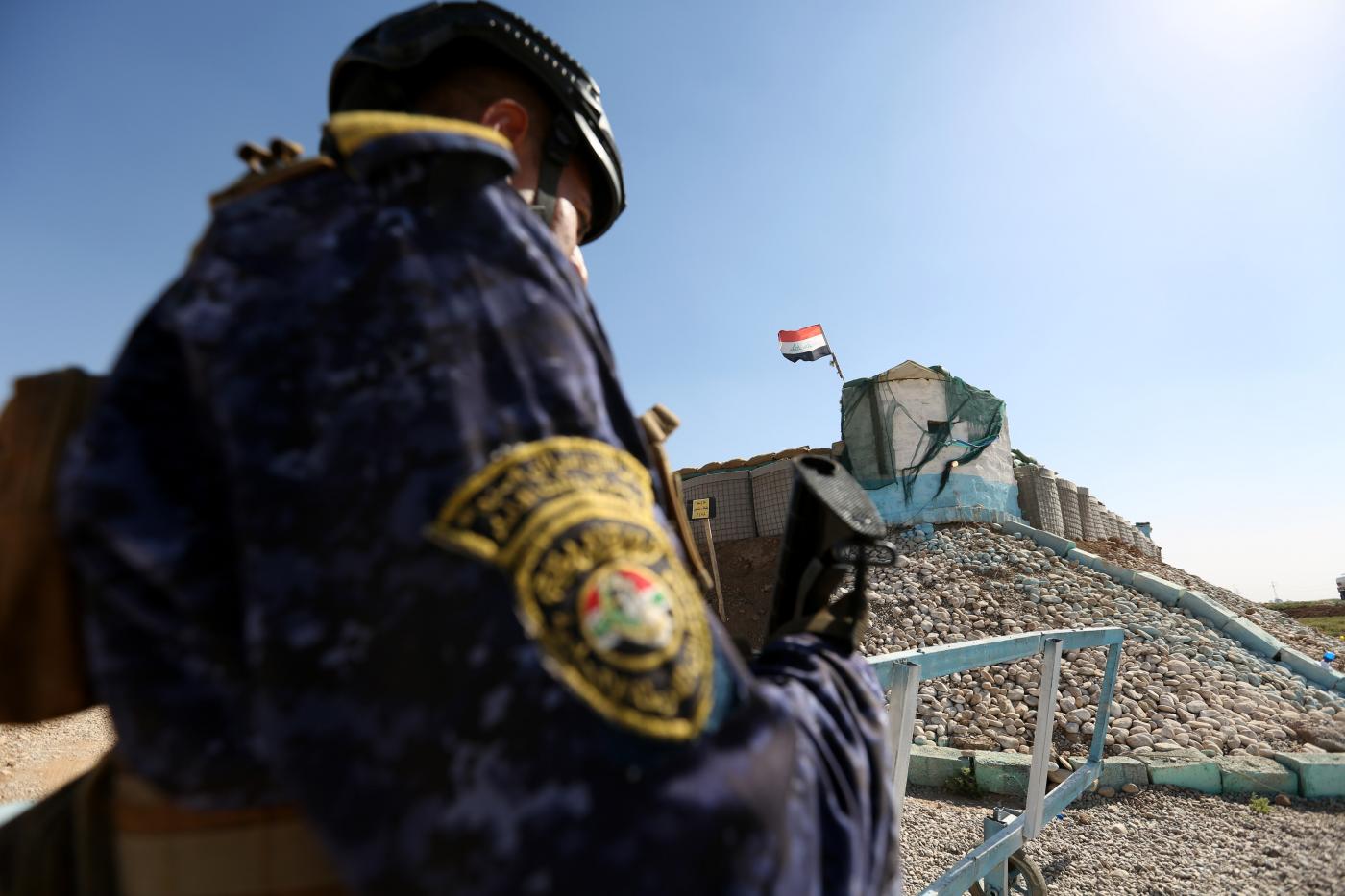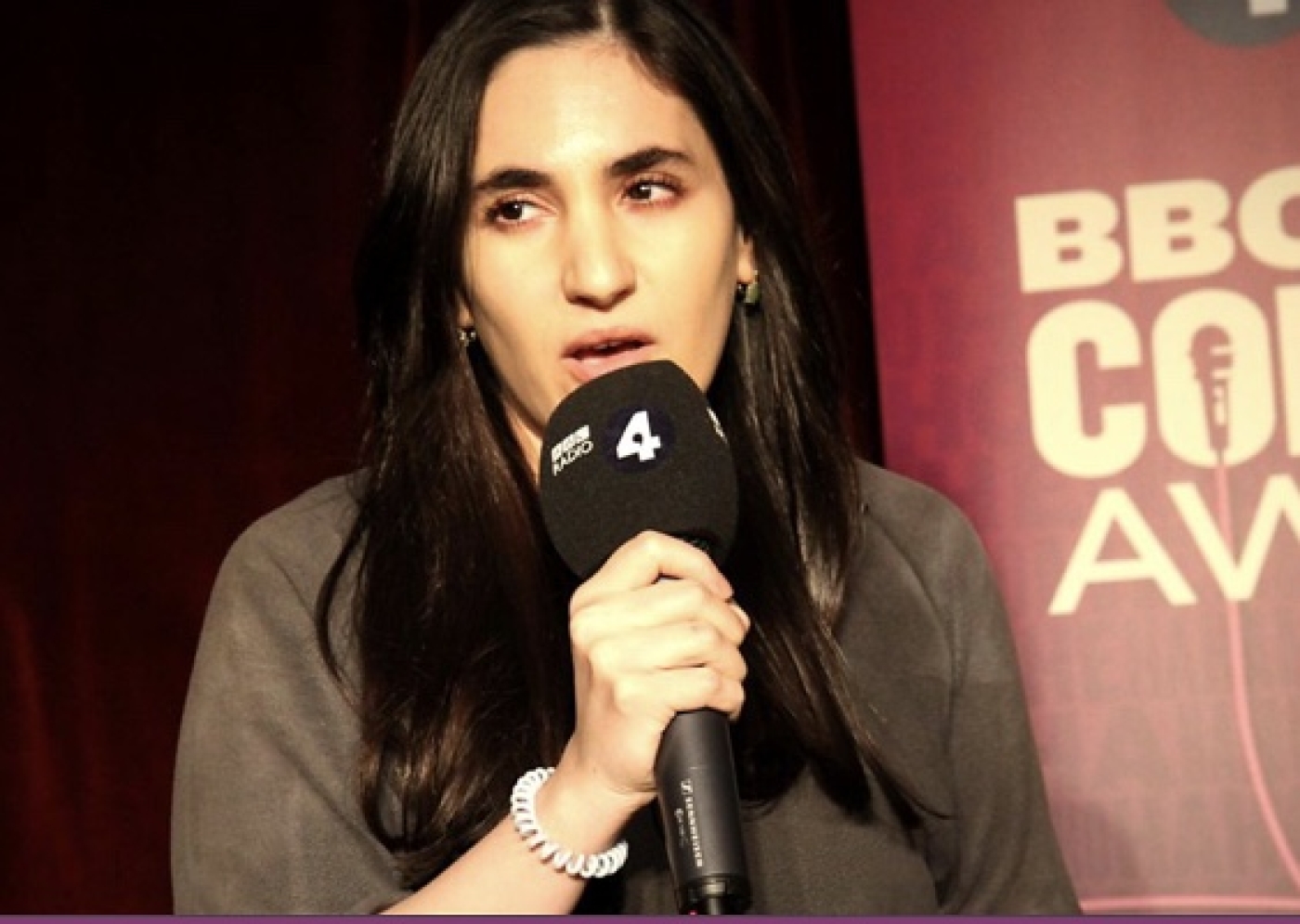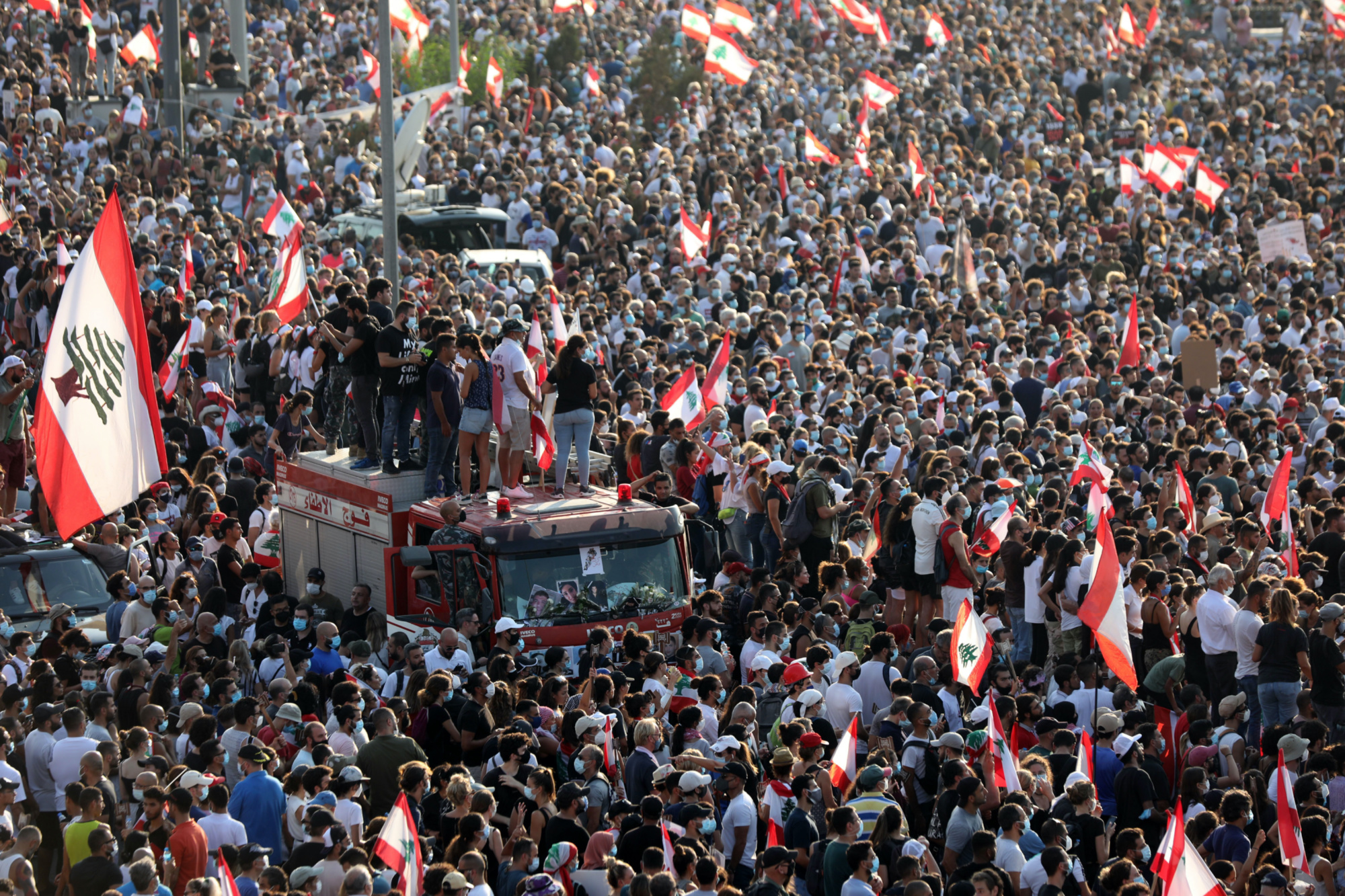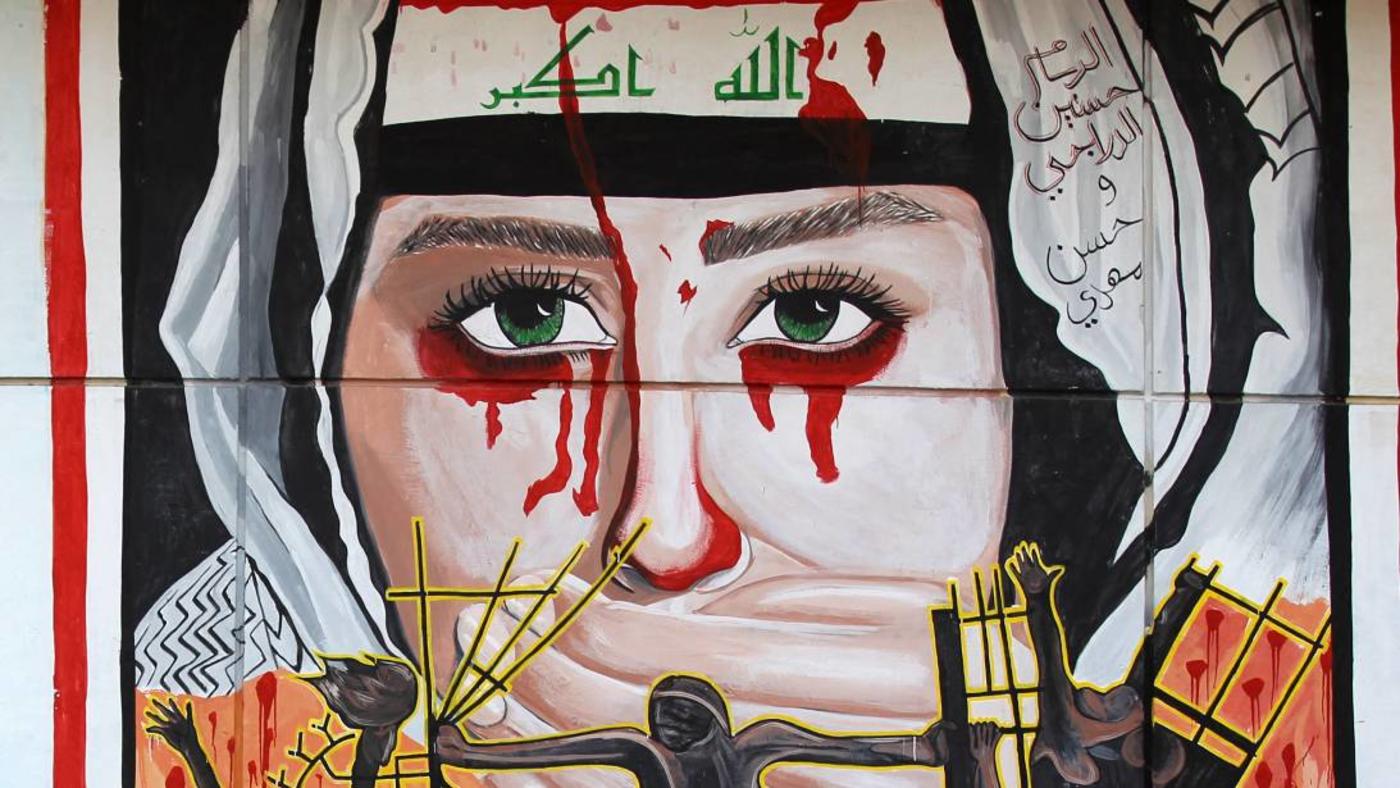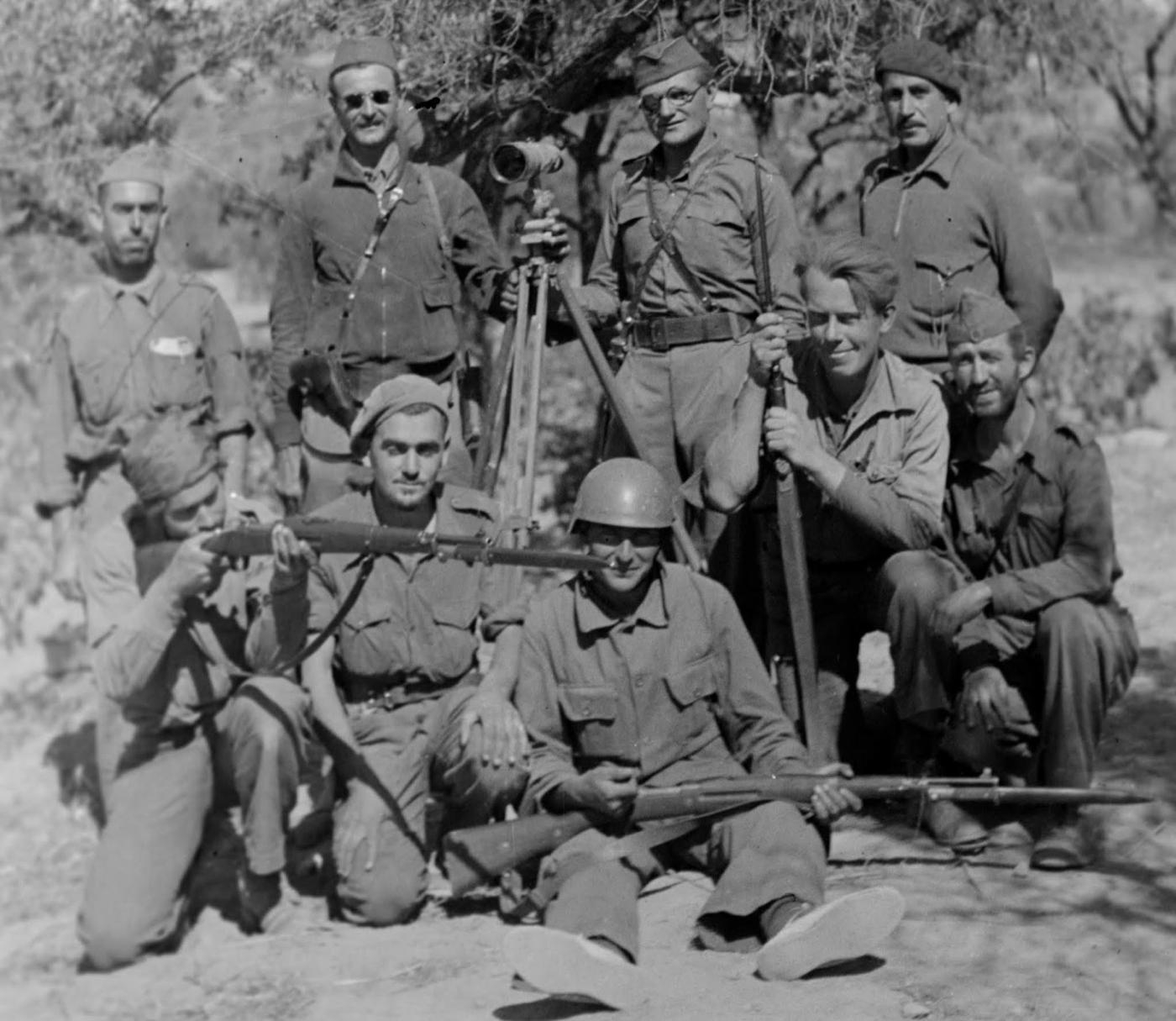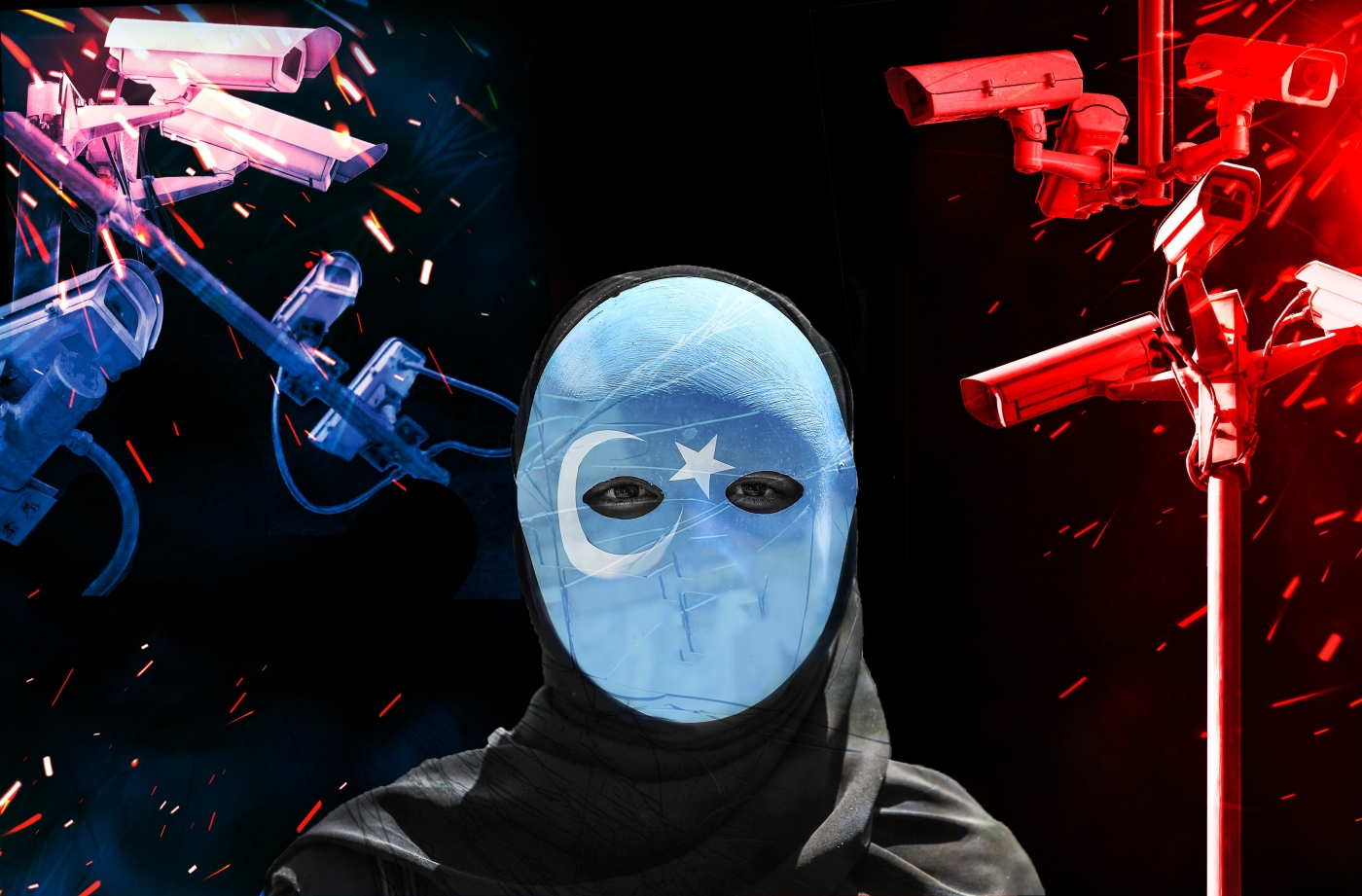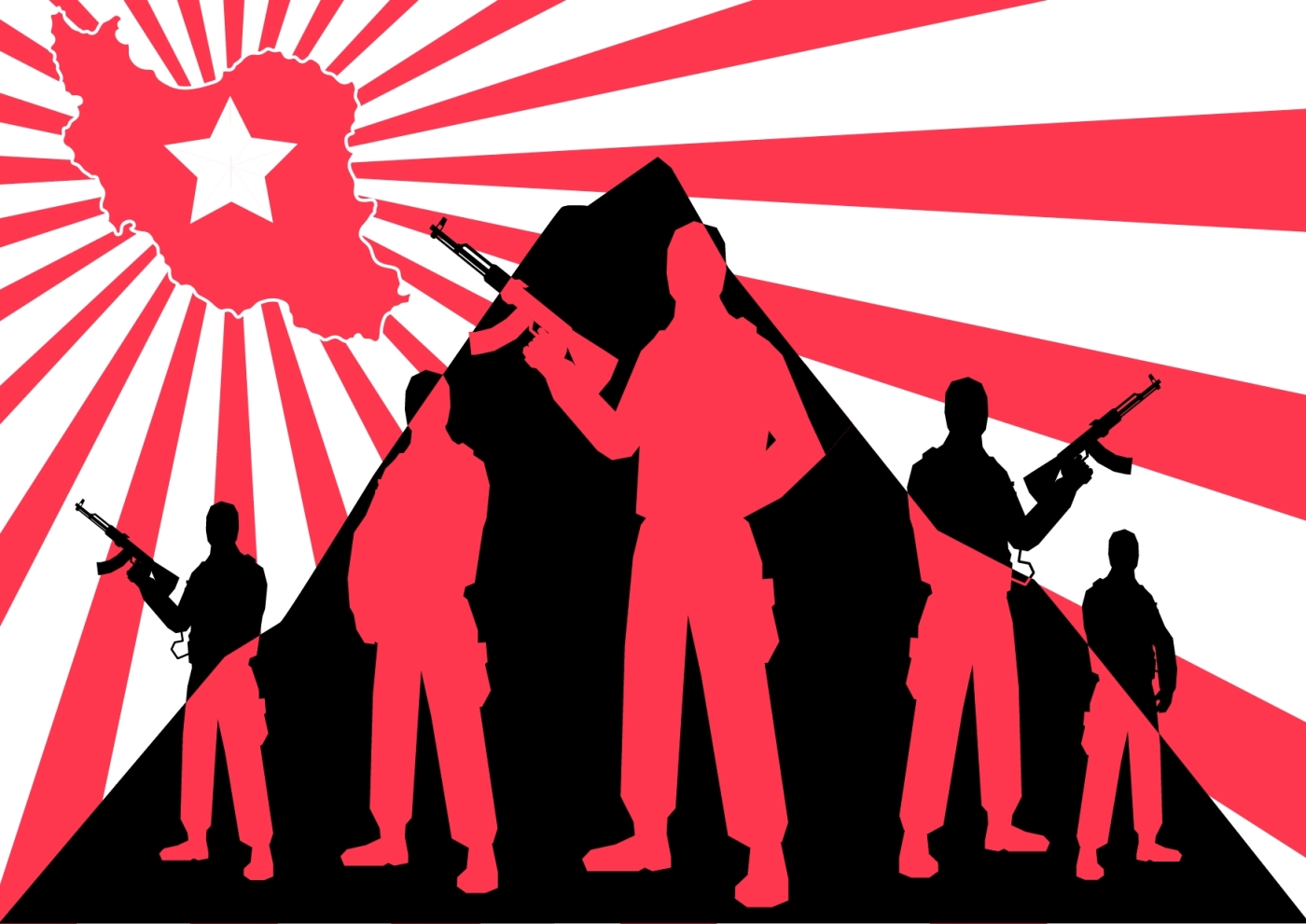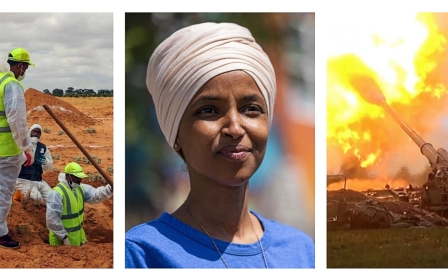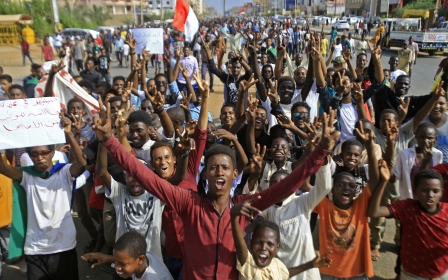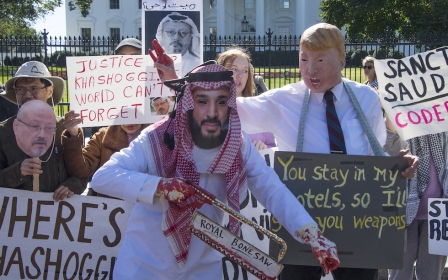Middle East Eye's picks of the year 2021
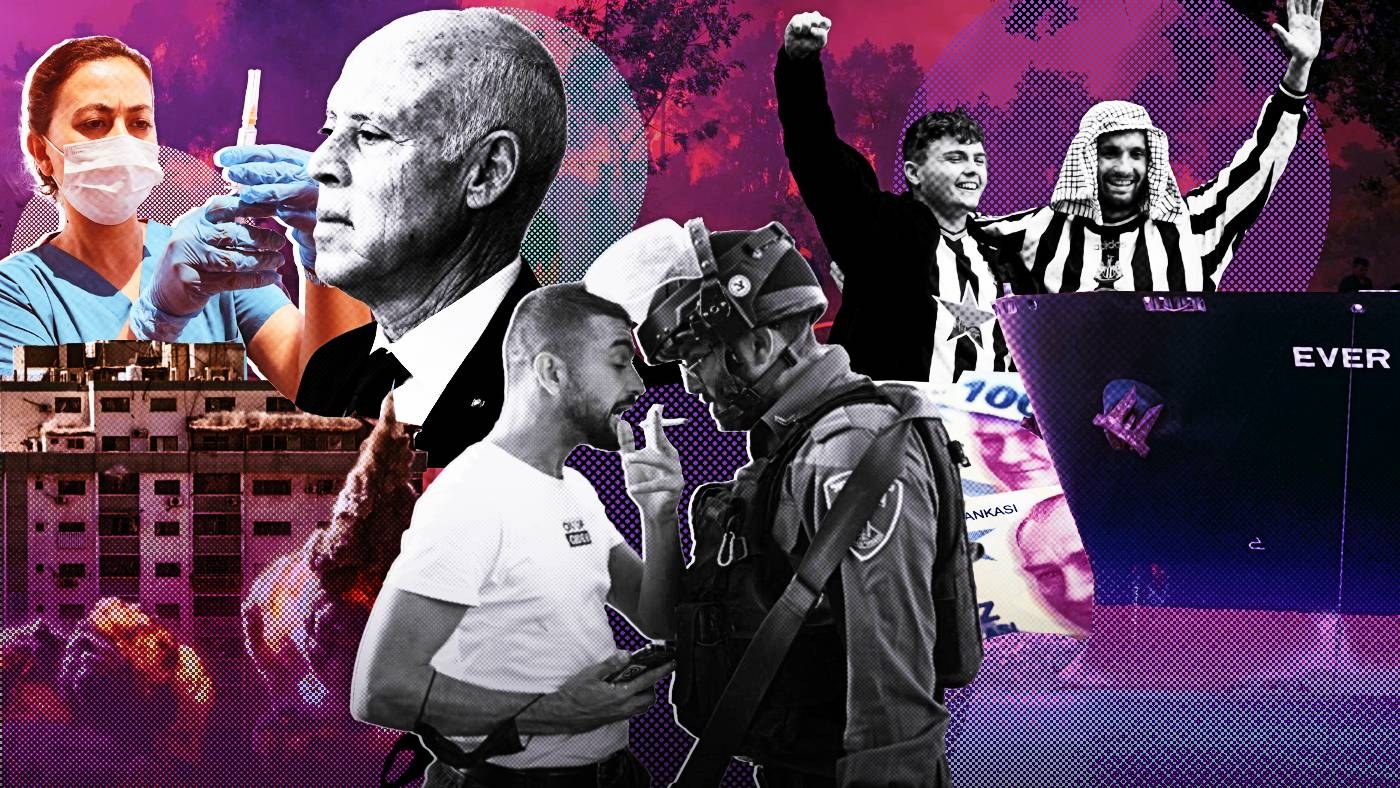
Countries ravaged by Covid 19. International anger at the casualties in Gaza. Death and displacement in Yemen. Disputed elections in Iraq. Economic turmoil in Turkey and Lebanon. Many of the events of 2021 will have seemed familiar to longtime residents and watchers of the Middle East and North Africa.
But there were also a number of developments that suggested a new direction of travel. Tunisian President Kais Saied's power grab raised fears that the democratic principles of the Arab Spring's sole supposed success story were being hastily erroded. In Sudan, the fate of democracy was likewise thrown into doubt following a military coup. Jordan also saw its own attempted seizure of power, although that largely ended in farce rather than revolution.
Many of those wishing to gain influence and control others used unusual means, from buying up English Premier League football clubs to hacking and installing high-end spy software - such as Pegasus - on their targets' phones.
Old alliances were reforged: Qatar reconciled with its Gulf neighbours. Old rivalries were rekindled: Algeria and Morocco broke off relations. Old rulers returned: in Afghanistan, the Taliban retook control. And Israel's Palestinian citizens asserted themselves across the country in solidarity with Gaza and Jerusalem during the May conflict.
There were also the more unusual stories, including Ever Given, the mammoth tanker that blocked the Suez canal; the Yemeni fishermen who became rich from whale vomit; and a plague of scorpions in Egypt, sparked by the climate crisis, the biggest ongoing story to affect the region.
There is much to ponder, and so, in no particular order, here are the stories that resonated with Middle East Eye journalists during 2021.
Top secret Tunisian presidential document outlines plan for 'constitutional dictatorship'
By David Hearst and Areeb Ullah / Chosen by Simon Hooper, Head of Investigations
Extract: “Labelling the situation as a 'national emergency,' the document states: 'In such a situation it is the role of the President of the Republic to combine all powers in his grip so as for him to become the centre of authority that enables him to exclusively hold... all authorities that empower him'."
Sometimes it takes time for the real significance of a story to become apparent. When David Hearst, MEE's editor-in-chief, and journalist Areeb Ullah reported in May on a leaked document sketching out plans for a presidential powergrab, it caused an immediate stir in Tunisia.
In a video address, Kais Saied denied he was planning a coup, but confirmed the authenticity of the document and complained that a "ministry for leaks" was needed. Yet our sources were never in any doubt that the secret blueprint amounted to a serious threat to Tunisia’s nascent democracy.
Two months later they were proven right as Saied invoked Article 80 of the Tunisian constitution, exactly as our report had predicted, to claim emergency powers denounced by parliamentary speaker Rached Ghannouchi as a "coup against the revolution".
A 10-year-old Palestinian girl breaks down while talking to MEE
By MEE Staff / Chosen by Nadda Osman, Social Media Producer
Extract: [Nadine, who lives in Gaza, points to buildings destroyed by Israeli attacks]. "What do you expect me to do, fix it? I’m only 10. I can’t even deal with this any more.”
The stand-out piece for me this year was the powerful video of 10-year-old Nadine Abdel-Taif speaking to an MEE correspondent in Gaza following one of many Israeli air strikes in May.
The short video encompassed the trauma and widespread devastation caused by the offensive, which stemmed from planned evictions of Palestinians living in the occupied East Jerusalem neighbourhood of Sheikh Jarrah. It soon went viral, resonating worldwide and amassing millions of views in a short space of time.
Abdel-Taif tearfully describes feeling helpless at the situation, her fears for the future, and that of the other children stood around her. The camera then pans around to show the residential blocks around her, now reduced to rubble.
For me, the video helped viewers understand the magnitude of what had happened in Gaza, and the human impact it had on ordinary civilians. Human Rights Watch later stated that Israel's destruction of high-rise buildings in Gaza City, as well as some of the actions by Palestinian groups, may have constituted war crimes, while a Euro-Med Human Rights Monitor report stated that nine out of 10 children in Gaza suffered from PTSD following the offensive.
Turkish lira: Why is it constantly dropping?
By Ragip Soylu/ Chosen by Yunus Emre Oruc, Audience Development Editor
Extract: "The value of the Turkish lira has plunged against the US dollar in the last 12 months. The country's central bank slashed interest rates from 16 percent to 15 percent in November, for the third consecutive month, after President Recep Tayyip Erdogan pushed for a cut despite the depreciation and rising inflation."
Throughout the year, MEE's Turkey Bureau Chief Ragip Soylu has consistently shed light on this extremely turbulent period for the country, especially when it came to the economy.
President Recep Tayyip Erdogan wants to keep growing the Turkish economy in the wake of the monetary aftershocks of the Covid-19 pandemic. To do that demands a looser form of monetary policy, but that comes with a cost.
One of the casualties has been the plunge in the value of the Turkish lira, making it the worst-performing currency in emerging markets in 2021, with a knock-on effect on everyday life.
Ragip is adept at explaining what is happening through clear writing, such as in this piece, which breaks down what is really happening. The Turkish economy has weathered a turbulent 2021. How will it fare in 2022?
9/11 attacks 20 years on: How the 'war on terror' turned full circle
By Ian Cobain / Chosen by Oscar Rickett, Journalist
Extract: “Initially, I was drawn to reporting on the human rights abuses that were being perpetrated by western governments because I saw them as being an aberration... In time, I came to understand that these abuses were not an aberration: when states believe they are under threat, many will quietly rip up the rule books they claim to respect. The gloves will come off. And then some governments will do whatever they can to conceal their crimes."
Ian Cobain is one of Britain's great investigative reporters, a journalist who has continued to hold his country's power brokers to account, something that can't be said about many of his peers.
In this magnum opus, we find him in an unusually personal mode, telling the story of how 9/11, which happened 20 years ago, shaped our world through an account of his reporting, from the US to Afghanistan, Iraq, and Guantanamo Bay.
Much of what Ian writes about here he reported at the time for the first time. Those responsible remain at large, for the most part. It is a dark and fiercely engaging story, told by a master.
Ghost towns, rockets and drones: Polisario's war in Western Sahara
By Daniel Hilton / Chosen by Nick Hunt, Managing Editor
Extract: “First we would approach the wall and fire our Kalashnikovs to cause distress in the base. Then the older soldiers would fire their mortars. We had the passion to storm the base but were told to keep in line. We were promised that a proper assault would come later, but for now mortars cause the most damage. You can see all generations have passion. It means all Sahrawis take freedom very seriously.”
The conflict in the Western Sahara is now midway through its fifth decade. In 2021 it was yet again all but neglected by the western media, despite the breakdown of the ceasefire in late 2020 between the Polisario Front, which represents the interests of the indigenous Sahrawis, and Morocco, which lays claim to a desert expanse larger than Greece.
Such circumstances made Daniel Hilton's reporting from the Western Sahara ever more urgent. He witnesses the attacks by under-resourced Polisario fighters on the berm, a 2,700km-long wall erected by Morocco that divides the territory; the ghost towns emptied by the forced evacuation of inhabitants; and the generations of Sahrawi refugees, living in camps across the border in Algeria and elsewhere.
The story is best conveyed in its telling details, such as the perpetual fear of attack by Moroccan drones; the Sahrawi veterans who have been fighting for 40 years; and an inhospitable land battered by both people and the elements, all complemented by evocative photography that captures the beauty and despair of the region.
Yemeni fishermen find valuable 'whale vomit' and become rich overnight
By MEE correspondent / Chosen by Daniel Hilton, Head of News
Fishermen. "Whale vomit". Fabulous wealth overnight. What more could you possibly ask for in a story?
In February, a group of Yemeni fishermen came across a weird-smelling rock thing that one of them - a refugee - identified as ambergris. Ambergris, sometimes described as whale vomit, originates from sperm whales' intestines, is used by top perfume houses, and is incredibly rare and valuable. They fishermen had stumbled on life-changing wealth.
Commendably, they shared their luck: after selling the ambergris to an Emirati trader for $1.5m, the men handed out cash to everyone in their village of al-Khaisah, near Aden, so all in this impoverished community of 1,000 families could benefit.
When we first began chasing this story, the fishermen were in hiding because Yemeni authorities were trying to get their cut. Happily, they sold the ambergris and agreed to talk to our amazing colleague in Yemen, who sadly cannot be named for security reasons but deserves huge credit for tracking them down months before the international media inevitably got hold of the story.
Life in Sheikh Jarrah has become a 'big prison' under Israeli siege
By Aseel Jundi / Chosen by Alex MacDonald, Journalist
Extract: “I am 51 years old, but it feels like I’ve lived 1,000 years of worry. I have suffered every day from Israeli occupation measures since I turned 17. I’ve been detained around 20 times since, and expelled from Sheikh Jarrah five times.”
In 2021 the small neighbourhood of Sheikh Jarrah in east Jerusalem held the attention of the world and set off a cascade of events in Israel-Palestine, including the war in Gaza and unprecedented uprisings by Palestinian citizens of Israel.
The attempt by the Israeli authorities to expel the residents of Sheikh Jarrah from their homes over a historical technicality provoked anger. It's important, however, to remember the day-to-day struggles of the people who live there and that, for all the anger the threatened expulsion generated, it was but the latest in a long line of outrages against the residents and the Palestinians more broadly.
Aseel Jundi spoke to the inhabitants on the ground as they found themselves "prisoners" in their own homes as a result of Israel's effective siege of their neighbourhood and his reporting showed in stark detail the desperate and anxious lives they lead. Despite the relative calm of the situation compared with its peak in mid-2021, the people of Sheikh Jarrah and other Jerusalemites still live precarious existences that can be upended on the whim of the occupying power.
Wild scenes at first Newcastle game since Saudi takeover
By Rayhan Uddin, Social Media Producer / Chosen by Areeb Ullah, Journalist
Extract: “Paul never imagined he would be spending his Sunday afternoon figuring out how to tuck a keffiyeh around his head. The lifelong Newcastle United supporter is celebrating the end of Mike Ashley's 14 years at the helm of the football club, and welcoming with open arms his beloved team's new Saudi owners."
Rayhan Uddin's dispatch from Newcastle as the Toon Army played my beloved Tottenham articulated just how surreal the atmosphere at St James Park was as the Magpies became the English Premier League's richest club, from middle-aged fans dressing up in long white thobes bought off Amazon the night before to wads of fake cash being thrown in the air.
Outside the stadium, fans told Uddin why their hatred for Mike Ashley blinded them to the point of supporting Saudi Arabia's purchase of the club. In the background, an advertising van displaying an image of murdered journalist and MEE columnist Jamal Khashoggi drove back and forth in front of the stadium.
Some fans were excited at the potential of their new club's new-found glory. Others were disappointed that Newcastle had taken this direction. Either way, Saudi Arabian money had arrived on Tyneside and MEE was there to witness it.
The true power of Iraqi paramilitaries' aircraft revealed
By Suadad al-Salhy / Chosen by Sean Mathews, Journalist
Extract: "A prominent leader of an armed faction told MEE: "There is currently no interest in launching major attacks against American forces or others, whether using drones or missiles. We have the ability to launch major attacks, but there is no decision in this direction currently."
My favourite piece of the year was Suadad al-Salhy's in-depth look at the use of drones by Iran's proxies in Iraq. The rise of drone-warfare has become fodder for journalists across the Middle East. With the nimble, bomb-laden devices upending battlefronts from Nagorno-Karabakh and Libya to Yemen, it's easy to see why.
But Suadad did an especially good job, bringing a mesmerizing amount of local colour to the piece, interviewing everyone from militia fighters to senior Iraqi commanders. Her grasp of the issue even allowed her to beat to the punch a few of the larger media outlets covering the topic. Such raw reporting from inside the region is what MEE excels at.
'The war is not over': The Gaza Strip's unexploded bombs
By Maha Hussaini and Frank Andrews / Chosen by Dania Akkad, Senior Investigations Editor
Extract: “Nine-year-old Obaida called out to his brother as they walked back through the tree-shaded yard of their family home: ‘I found some shrapnel.’ Ahmed saw he was holding something. ‘I asked him what it was, and he threw it to the ground,’ Ahmed told Middle East Eye. 'It exploded.”
Unexploded bombs, left behind during repeated Israeli offensives on Gaza, killed 41 people in the enclave between 2008 and 2020. That's 41 people who were going about their "normal" lives under an abnormal, inhumane siege only to be killed by remnants of a war that, as Maha Hussaini and Frank Andrews reported, is never really over.
I guess it shouldn't surprise anyone that these weapons continue to kill, even years after the bombs were first lodged deep under homes, shops, and in busy markets, and in fields where children wander. Perhaps what we haven't considered, and what this story brings to light so eloquently, is the psychological impact of living with this knowledge, every day.
Maha and Frank's reporting also raised further questions, namely why the Israeli government continues to use highly inaccurate, Vietnam-era bombs on one of the world's most densely populated areas, despite being warned by a UN commission to stop. We still don't have the answer.
Finally, the film that accompanied this report was - and I know it's weird to say it about such a grim subject - beautiful. With subtle, seamless technique, Rakan, Suliman, and Thaeir were able to communicate emotion in a way that I think truly honoured those who trusted them with their stories.
Iraq police killings: How a village's revenge for rape became an Islamic State attack
By Suadad al-Salhy / Chosen by Frank Andrews, News Editor
Extract: “What we saw was shocking and brutal. The attackers tried to emulate the IS style, but they didn't quite succeed.”
How easy it would have been for this whole debacle to go unnoticed, another deadly attack by the so-called Islamic State group in a region plagued by violence.
But Suadad al-Salhy's investigation, one of many examples of her phenomenal reporting this year, exposed a botched, high-level cover-up of gross misconduct by Iraqi soldiers and lies about them valiantly dying in battle.
The piece is a testament to Suadad's fearless, meticulous work, as well as the careful editing of Simon Hooper.
Assyrian comedian Jenan Younis: We're not Arab, we're not Asian, and we're not Muslim
By Indlieb Farazi Saber / Chosen by Mustafa Abu Sneineh, Journalist
Extract: "At work, I’d always get rostered in to work over Christmas and Easter as they assumed I must be Muslim."
Jenan Younis, 30, the daughter of a Palestinian and an Iraqi, grew up in Surrey, England, during the 1990s. She is one of 14,000 Assyrians in Britain who follow a branch of Christianity that originated in Upper Mesopotamia, northern Syria and northern Iraq. Since the 2003 US invasion of Iraq in 2003, many have suffered under the subsequent civil war, forcing thousands into exile.
But in the UK, her name and face compel many people to pigeon-hole her (she works part-time as a surgeon). As Indlieb Farazi Saber reports, "among other Britons, Jenan went by the name Jen, to fit in – but always felt slightly like an outsider".
It's from this thought that Younis draws her material: in 2019 she won the BBC New Voices competition. As she explains in one of her recent skits: "It's not easy being a British Muslim, especially as I'm not actually Muslim... hashtag plot twist.
"At work, I'd always get rostered in to work over Christmas and Easter as they assumed I must be Muslim."
How do Syrians stay entertained in refugee camps?
By Gofran Mohamad and Moawiya Atrash / Chosen by Chris True, News Editor
Extract: "We release some of our worries, we forget our country, which we were forced to flee."
This beautifully shot film highlights some of the games that displaced Syrian children, and adults, play while holed up in refugee camps.
Studies have shown that structured play can help displaced children process their war-related trauma and develop coping mechanisms in their new surroundings.
When the children do not have school, the games they play include marbles, hopscotch, and seven stones.
'I'm afraid of my government': Sorrow and rage as Beirut marks blast anniversary
By Heba Nasser / Chosen by Yvonne Singh, Sub-Editor
Extract: “I’m afraid that tomorrow it might be my life on the line.”
Heba Nasser's brilliantly shaded portraits from Beirut - 12 months on from the devastating explosion that killed 218 people, injured more than 6,500 and forced thousands from their homes and businesses - revealed much about the anger and frustration that plague a people subject to the whims of a corrupt, inept government that holds their safety in such low regard.
One year later, thousands marched in the blistering sun, reported Heba, demanding accountability for the criminal negligence that led to the disaster. And as she interviewed the crowd, their fear is palpable.
As Heba reported: "'I'm sorry, it's too hard for me to formulate words on a day like today,' one woman said as she turned a pained face towards her friends for support."
The Exiles: A generation's story
By Khaled Shalaby and Hossam Sarhan / Chosen by Mohamed Hassan, Head of Video
Ten years ago, young Egyptians changed the course of history, overthrowing president Hosni Mubarak after a 30-year reign and mesmerising the world. They carried the torch of hope for the Arab world, with a dream of turning their country into an open, democratic and free society. But that dream never came true.
The leaders of that revolution now find themselves hunted, imprisoned or chased out of their homes and left to fend for themselves abroad.
The Exiles, produced and directed by Khaled Shalaby and Hossam Sarhan and released in August, was Middle East Eye's first documentary.
It explored the personal and mental toll of exile through the eyes of five political dissidents who sought change in their country only to be shut out and are now struggling to make sense of their misfortunes.
The documentary received a large response among Egyptian activists and Egyptian media platforms. To participating activists, it was an opportunity to share their personal experiences about the revolution. To Egypt's government-backed media, it was a clear message of remorse.
It also began a discussion amid wider media, applicable not just to Egypt: at the One World Media Global Reporting Summit, it was an integral part of the open session "Forced to Flee: What next for exiled journalists?".
Iraq's streets are littered with the memories of our dead
By Nabil Salih / Chosen by Megan O'Toole, Deputy Opinion Editor
Extract: "What today's Iraq has to offer stabs me in the eyes, leaving me muted. How do I conjure adequate words in the presence of such tragedy?"
With this piece, writer Nabil Salih delivers a wrenching personal account of the trauma that Iraqi families live through daily. Through it, he also highlights western opportunism in the context of war reporting.
The author's grief and anger combine to paint a vivid portrait of life in a country that has been torn apart by conflict and tragedy for decades.
"Iraq, after all, is a dream destination for many western opportunists drooling over the prospects of the next opening in the Global South," he writes. "Not only are we, inferior humans, unable to travel and work in their countries as easily, but we are unable to find equal opportunities in our own lands, too."
It offers a stark account of the damage done to Iraq since the 2003 US-led invasion, with repercussions that will endure for generations.
The Spanish Civil War's forgotten Arab Republicans
By Inigo Alexander / Chosen by Shafik Mandhai, Editor, Discover
Extract: "A Moroccan who fought for the Nationalists sums up his experience in the documentary The Forgotten: 'Franco was an ungrateful bastard, after winning the war he forgot about us. We were no longer useful to him'."
I was aware of the Arab-Moroccan forces that fought under Franco during the Spanish Civil War, partly for religion and partly to make money, but the idea of Arabs taking up the Republican cause was new to me.
Inigo Alexander's piece was notable for highlighting this, also for not shying away from how wretched their treatment was at the hands of their comrades-in-arms.
George Orwell’s Homage to Catalonia demonstrated that in-fighting and poor leadership were widespread across the Republican ranks, but the bigotry among some leftists of that period is rarely talked about.
The article humanises that experience through the character of the Palestinian communist Najati Sidqi and also serves as a well-researched introduction to such an important episode in history from an Arab perspective.
Uighur activists: Stuck between Chinese persecution and US imperialism
By Azad Essa / Chosen by Umar Farooq
Extract: "Despite the condemnations, the banning of cotton and tomatoes, and the headlines surrounding the Trump administration's designation of genocide, nothing has shifted on the ground. More than a million Uighurs remain incarcerated with an entire society surveilled and muzzled."
During the past five years, the plight of Uighurs facing repression at the hands of the Chinese government has been raised by advocates, activists, news outlets and countries more than ever before.
Some of the most vocal advocates have been in the US. Yet behind this growing narrative was another issue at hand: Washington's growing competition with China on the global stage.
As he does best, Azad Essa dove deeper for this story and went past the competition of narratives to focus on the struggles Uighur activists are facing in advocating for their cause.
Through this extensive piece of reporting, Azad highlighted that they are stuck in a battle between two superpowers fighting for the moral high ground, while their own situation continues to worsen at home and abroad.
Artists under occupation
By Katherine Hearst and Maria Pullicino / Chosen by Maya-Nora Saaid, TikTok Producer
Extract: "I will not leave. They signed on my behalf, and turned me into a file, forgotten, like cigarette butts. Homesickness tore me apart, and in my own country I ended up an immigrant."
I choose this social media video because my father, Monkith Saaid, was an artist (sculptor) and fled Iraq during the late 1970s to escape execution.
I admire artists: they raise awareness in telling their stories with their being (emotion and thoughts) and create a message that can be enjoyed and talked about without having to be diplomatic.
It's powerful and extremely sad that some artists are ahead of politics and change it - but are punished for it.
How a Marxist guerilla band sparked a struggle in Siahkal
By MEE correspondent / Chosen by Rayhan Uddin, Multimedia Journalist
Extract: "A failed operation by a small band of leftist idealists could have been an anecdote lost to history. But 50 years later, the Siahkal incident, as it became known, remains a symbol of uncompromising resistance against dictatorship in Iran."
Anniversaries usually celebrate victory, joy, and independence. They don't often commemorate failures - unless, of course, the reason for the anniversary occured in the Alborz mountain range of the Iranian town of Siahkal.
On 8 February 1971, a group of nine young Marxist guerilla fighters attempted to violently free one of their comrades who had been arrested for activism against Iran's ruler, Shah Mohammad Reza Pahlavi. The attack was unsuccessful, and the men were all killed.
But during the intervening 50 years, the failed operation has become a symbol of uncompromising resistance against dictatorship in Iran, inspiring songs, works of art, and films, despite attempts at censorship
Middle East Eye's correspondent spoke to academics and revolutionaries, giving us a rare and fascinating insight into the lasting impact of a daring band of leftist idealists.
Middle East Eye propose une couverture et une analyse indépendantes et incomparables du Moyen-Orient, de l’Afrique du Nord et d’autres régions du monde. Pour en savoir plus sur la reprise de ce contenu et les frais qui s’appliquent, veuillez remplir ce formulaire [en anglais]. Pour en savoir plus sur MEE, cliquez ici [en anglais].


